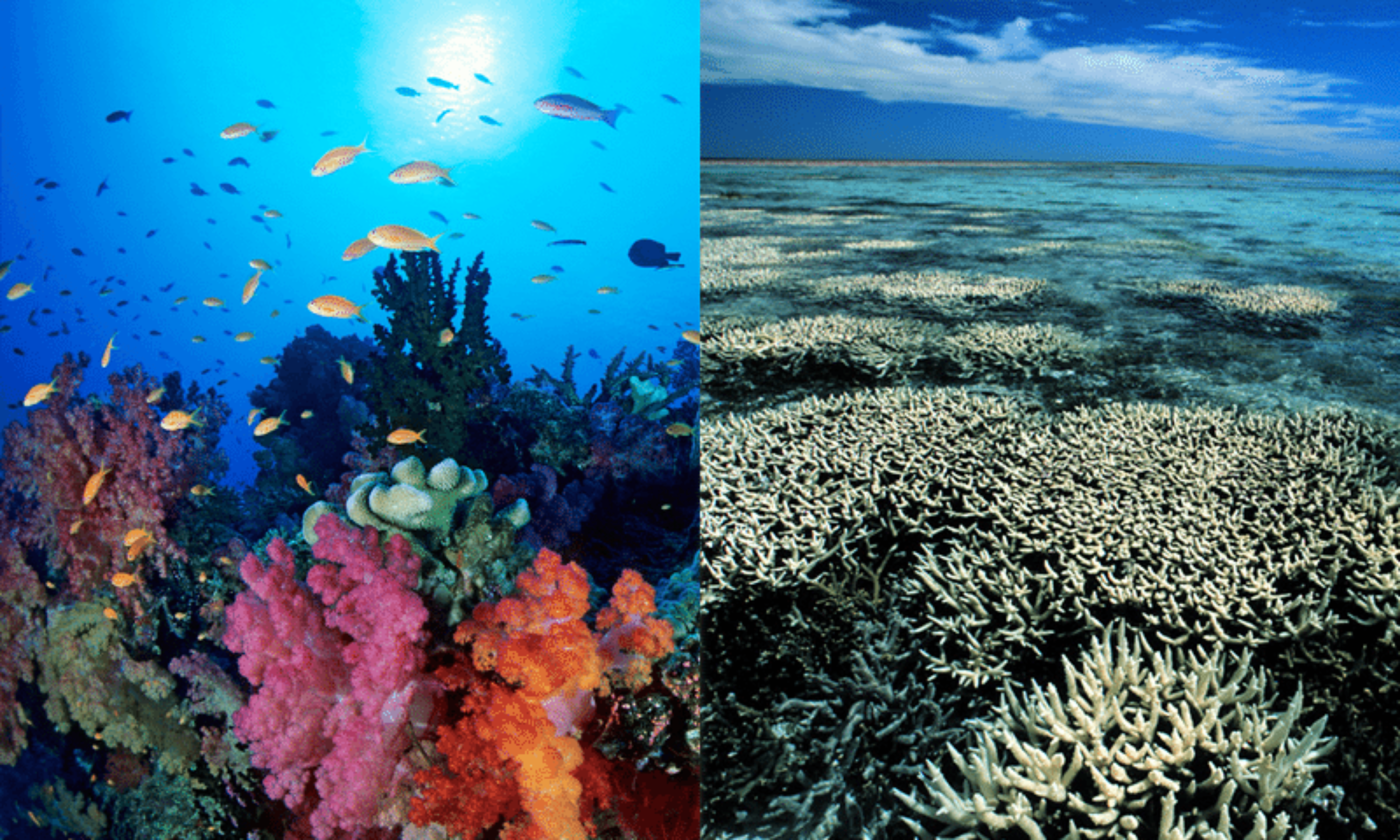When I was eight to ten years-old, climate change was not as prominent of an issue. It is because of environmental advocates like Greta Thunberg, who have given climate change so much social buzz. In class, students often say “climate change is an issue” and do nothing about it. The fact is “humans” are so ingrained in using resources such as oil and plastic. For instance, I have to drive my car, how else will I get to school or work? If I bike it will take too long. If I take the metro or public bus, then how will I get to destinations not on the transit route? My point is these “alternatives” to driving a car are not practical. I mean we all know “humans” are emitting ten times the amount of carbon deemed necessary. I think the power is in the hands of corporations, the newer models do not have to run on gasoline, instead make them all electric. Even when I head into Starbucks for my usual cool lime refresher, I would always use a plastic straw and cup. If I remembered to bring a reusable cup then I would use it, but oftentimes I would forget. This happens because we live in such a “fast-pace” and “convenient” world.
For the most part, I have taken classes on environmentalism. All of which are relevant. In biology, there are discussions on species going extinct. The question I would always think of is the affect of climate change on personal health. There are tons of studies from the World Health Organization (WTO) and National Institute of Health (NIH) stating the increase in carbon emissions will increase air pollution and lead to an increase in the number of lung cancers. If “humans” will not change their habits for the sake of animals, then do it for health? Maybe when looking for a new car buy the electric one. Such efforts will work. Now at Starbucks, I no longer have to drink from a plastic straw.
